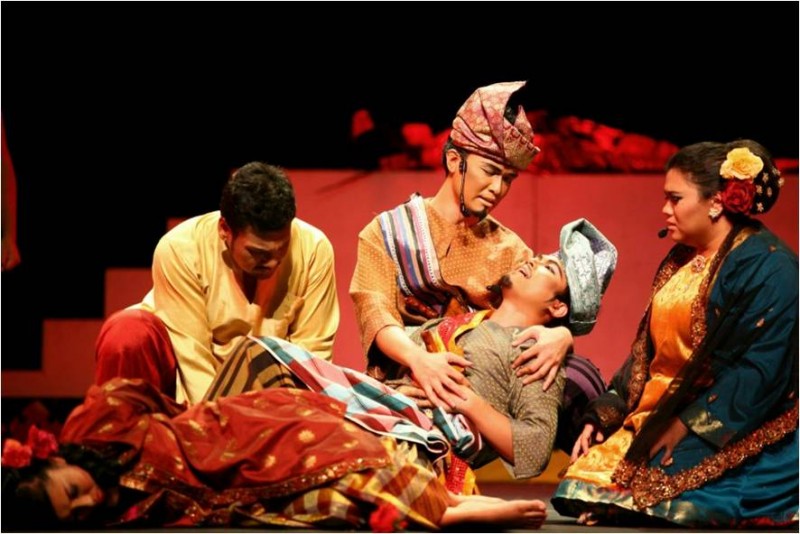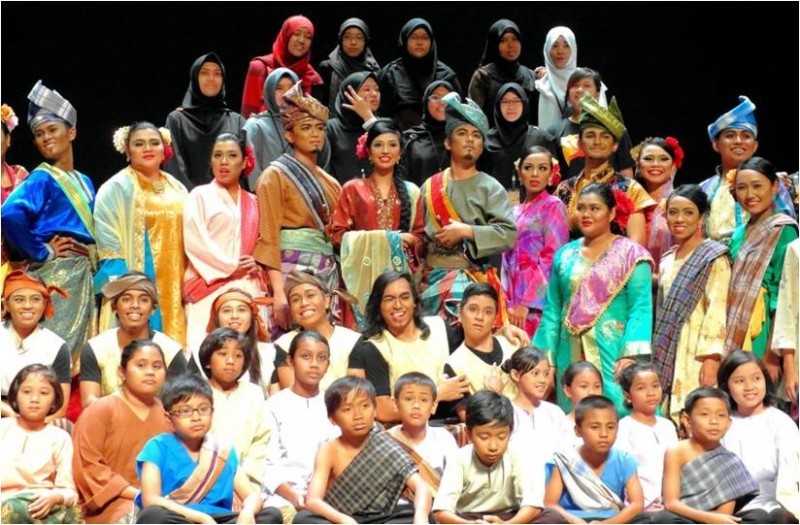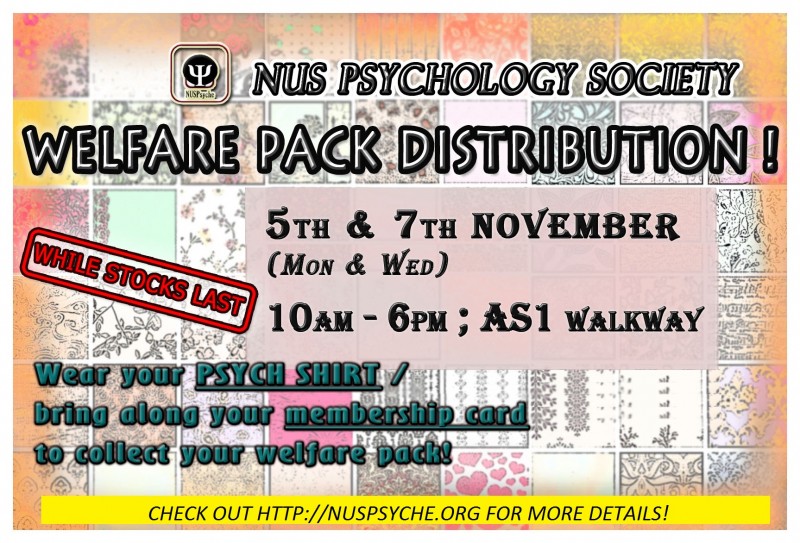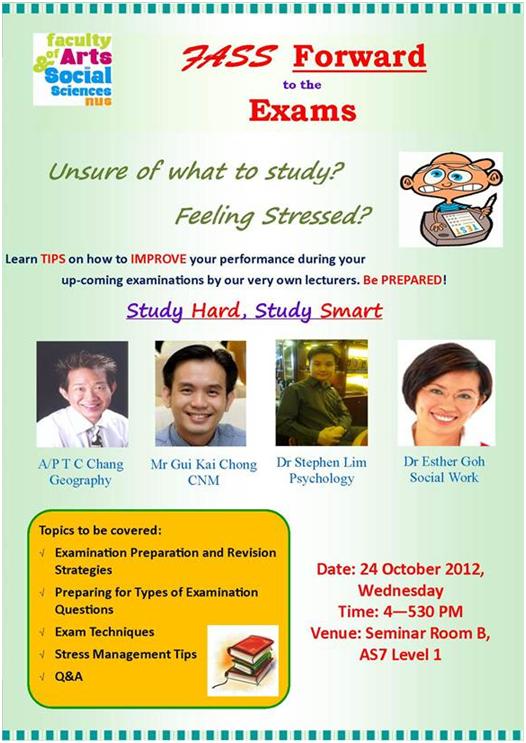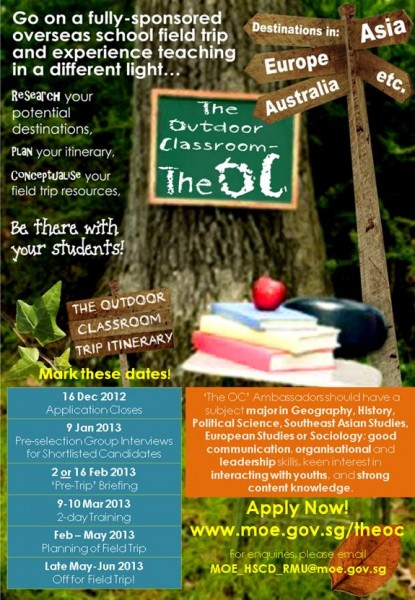We are very proud to announce that two of our undergraduates, Soh Wei Jie and Julianne Tan, have had their undergraduate research recognized by the Singapore Psychological Society. Specifically, Wei Jie won the 2012 Best Undergraduate Research Award while Julianne won the 2012 Undergraduate Research Award for Best Qualitative Research. Congratulations, Wei Jie and Julianne!
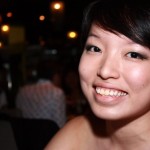

Julianne:
While recent research on autism spectrum disorders (ASD) has turned its eye towards better understanding the high rates of comorbid anxiety difficulties in children and youths with ASD, there is a knowledge gap regarding how anxiety is qualitatively experienced in their everyday lives and the impact of this condition. Specifically, in this population of children who are different in terms of the way they perceive the world, behave and express themselves, are the various triggers and signs of anxiety, and the coping strategies used, unique to ASD or shared with other common experiences of anxiety in non-ASD individuals? Most studies have so far utilized standardized checklists developed for typically developing children and not children with ASD. Important information is often missed out as we try to “fit” ASD children’s experiences into those of children without ASD. Moreover, in most cases parents provide the information; teachers, who can provide unique and important observations from the often stressful school environment, are often ignored .
Therefore, this exploratory study reported a series of focus groups discussions with teachers from Special Education schools in Singapore regarding the anxiety difficulties of their students with ASD, most of whom also have associated intellectual and adaptive behaviour limitations. Teachers were interviewed in depth about their experiences with regards to their students’ anxiety triggers, signs, impact and strategies employed to manage anxiety. Their rich narratives were coded verbatim and a detailed coding system was developed to explore shared and autism-specific themes emerging from their perspectives. Taken together, the teachers’ views were strikingly consistent and provided a unique constellation of findings. Teachers identified change/unpredictability, aversive sensory experiences, social-communication difficulties and being prevented from engaging in stereotyped interests and activities as ASD-specific triggers of anxiety. These are thought to reflect common ASD-specific difficulties in sensory sensitivities, impairments in communication and perspective taking, and inflexible processing styles respectively. In addition, they also identified anxiety triggers that are shared with non-ASD individuals, such as specific phobias and performance-related demands. Strong themes were evident when we asked teachers how they can tell that their students are anxious, with most saying that they largely “see” anxiety in their students’ behaviour. For example, when children with ASD get anxious they will engage in more challenging, sensory or repetitive behaviours and more avoidance/escape behaviors.
The focus group results were also used to examine the potential validity of an existing framework of ASD-related stressors that has been proposed to account for heightened anxiety in ASD. While the existing model by Wood and Gadow was largely supported by the findings of the study, we also argued that the model was incomplete and that a more broad-based conceptualisation of anxiety across the entire autism spectrum is required.
Wei Jie:
The winning work is entitled “Hear No Evil: Can Music Attenuate the Irrelevant Speech Effect?”. Dr. Lim commented, “Many students listen to music while they study. We believe that this phenomenon transcends preferences towards learning styles, so that the benefits reaped from music listening during study actually have a very fundamental (biological) basis. Our goal was to show that music helps to consolidate cognitive resources that will in turn boost learning. Imagine the following scenario: In a noisy environment that is highly distracting, music creates this “transparent room”; when you step in (and close the door behind you), the distractors surround the room, remain visible (or rather, audible) and intelligible, are in fact processed, but they can no longer stifle you. Importantly, we think that it is the “music-ness” in music that creates this fascinating effect (which is why students listen to “music” in the first place). Through this work, we also hope to understand at least in part just what exactly constitutes “music”, a long-standing philosophical question that continues to fascinate scholars across a variety of fields.” For more information, go to our earlier story: https://blog.nus.edu.sg/fassnews/2012/10/22/nus-department-of-psychology-wins-singapore-psychological-society-sps-best-undergraduate-research-award-2012/

